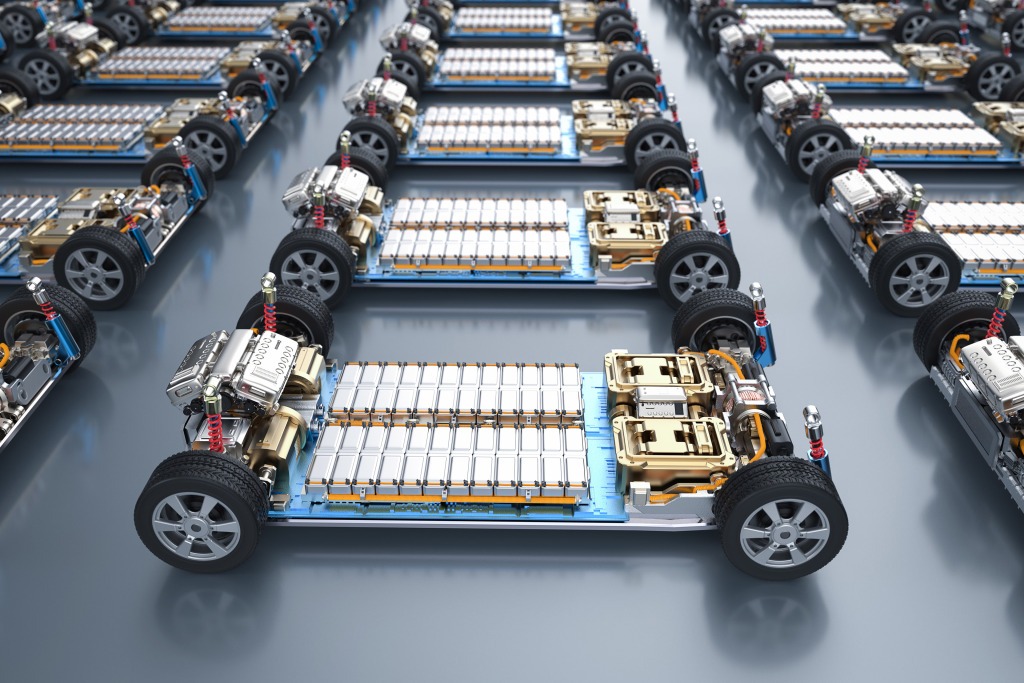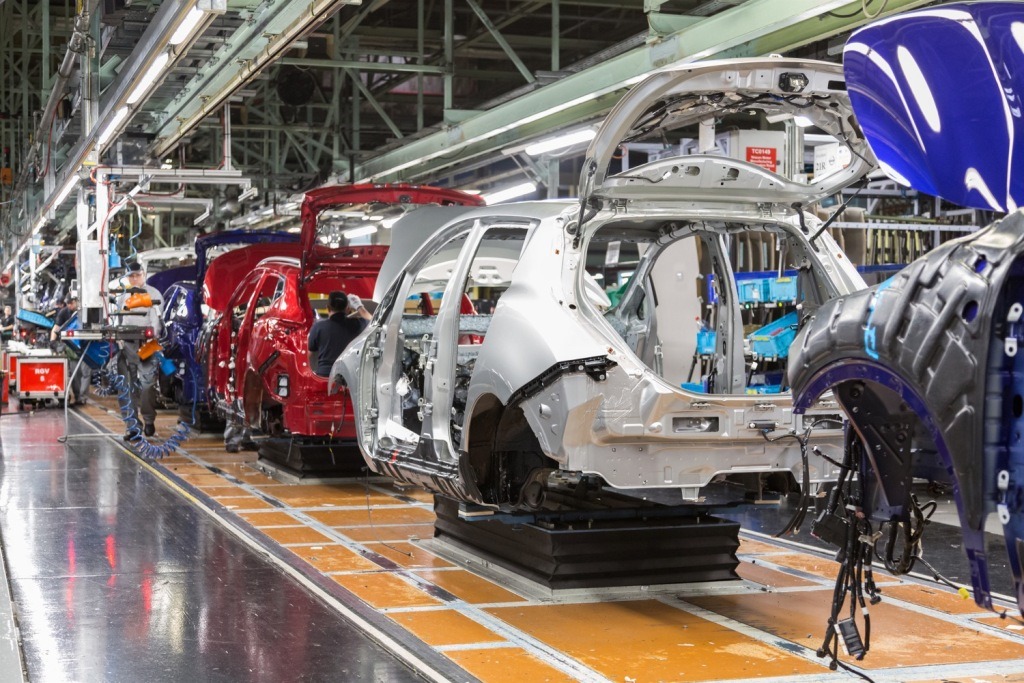The rise of electric vehicles (EVs) is transforming industries, economies, and international diplomacy in ways we couldn’t have imagined a decade ago. As the world turns its focus toward sustainability, EVs are emerging as a key driver of both innovation and international cooperation. This shift in the automotive landscape is not just about cleaner energy or advancing technology; it’s reshaping global trade and diplomatic relations, compelling countries to reconsider their policies, trade agreements, and alliances.
Recent developments in 2024 reflect EVs’ growing influence on global relations. China maintains its commanding position, with 8.5 million EVs sold in 2023—59% of worldwide sales. This market control has triggered responses from other countries. American policymakers implemented tax credits up to $7,500 for U.S.-manufactured EVs through the Inflation Reduction Act, aiming to strengthen domestic production and reduce Chinese supply chain reliance.
European nations are building new partnerships. Germany and Canada’s 2023 agreement on EV battery minerals exemplifies how the sector drives diplomatic cooperation. The EU’s target of 30 million zero-emission vehicles by 2030 further demonstrates this commitment.
Countries rich in battery materials now hold increased diplomatic leverage. The Democratic Republic of Congo controls over 70% of global cobalt production, while Chile and Australia lead in lithium output. These nations are exercising their resource advantage in international negotiations, similar to oil-producing countries’ influence during the previous century.

Asian industrial powers are securing their positions. Japan established a $2.8 billion fund in 2023 to boost domestic battery production and mineral acquisition. SK On, a subsidiary of SK Group that produces high-efficiency, high-capacity lithium-ion batteries for EVs, secured a $5 billion agreement with Ford in 2022 to construct U.S. battery facilities, highlighting how corporate strategies align with national priorities.
Developing economies are capitalizing on industry opportunities. India launched its Production Linked Incentive scheme for Advanced Chemistry Cell battery storage in 2022, offering $2.4 billion to attract manufacturers.
The EV transition shapes climate diplomacy. COP28 discussions in 2023 produced an agreement among 200 nations to triple renewable energy capacity by 2030, with electric vehicles central to this goal. This has sparked new environmental partnerships.
Trade tensions highlight EVs’ diplomatic impact. EU-U.S. negotiations over the Inflation Reduction Act’s effects on European automakers led to critical minerals discussions in 2023, revealing how EV policies influence trade relations.
Technical standardization has emerged as a diplomatic focus. China, Japan, and South Korea’s 2023 initiative to develop shared EV standards validates how technical leadership translates to economic and diplomatic advantage.

As electric mobility advances, its influence on trade and international relations continues to deepen. Nations that effectively navigate this transition are establishing themselves as leaders in both economic and diplomatic spheres.
The ongoing UN Climate Summit, COP29, in Baku, Azerbaijan, brings global leaders together to explore and advance strategies to combat climate change. With a focus on financing climate resilience in developing nations, this year’s summit, known as the “Climate Finance COP,” emphasizes the urgent need for sustainable solutions. Electric vehicles (EVs) have emerged as one of the most promising avenues for reducing emissions from fossil fuels and advancing clean energy transitions, a priority for countries aiming to reduce pollution and meet their climate commitments.
The world is on the cusp of a new era where clean energy, economic interests, and diplomatic ties are closely intertwined. As nations continue to adjust to this rapidly changing landscape, the role of electric vehicles in reshaping global trade and diplomacy will only grow in significance.









